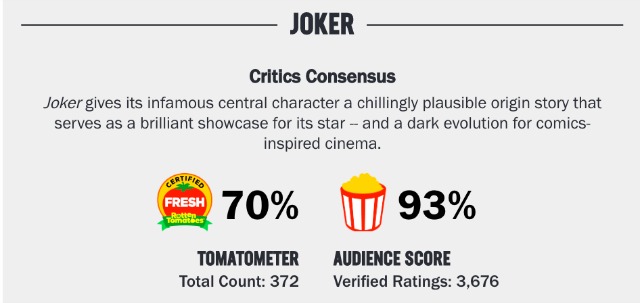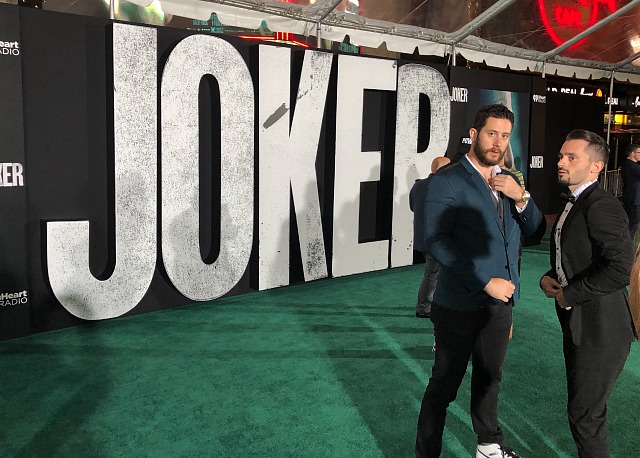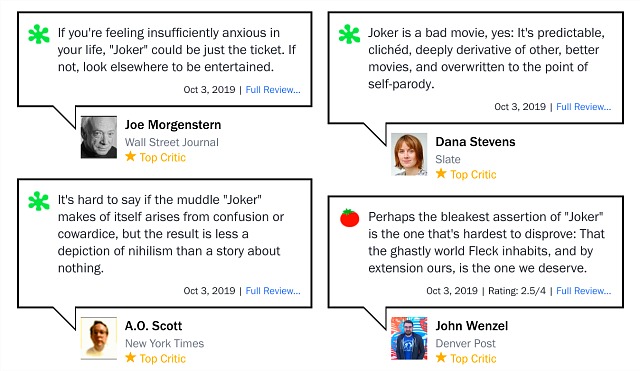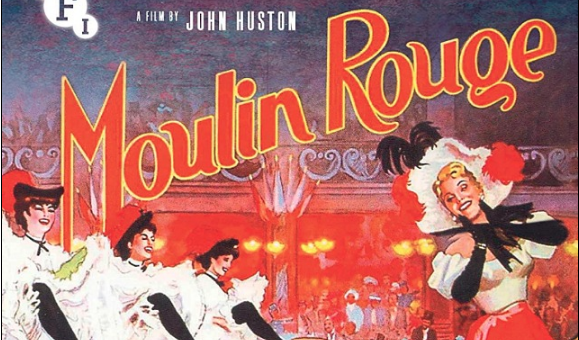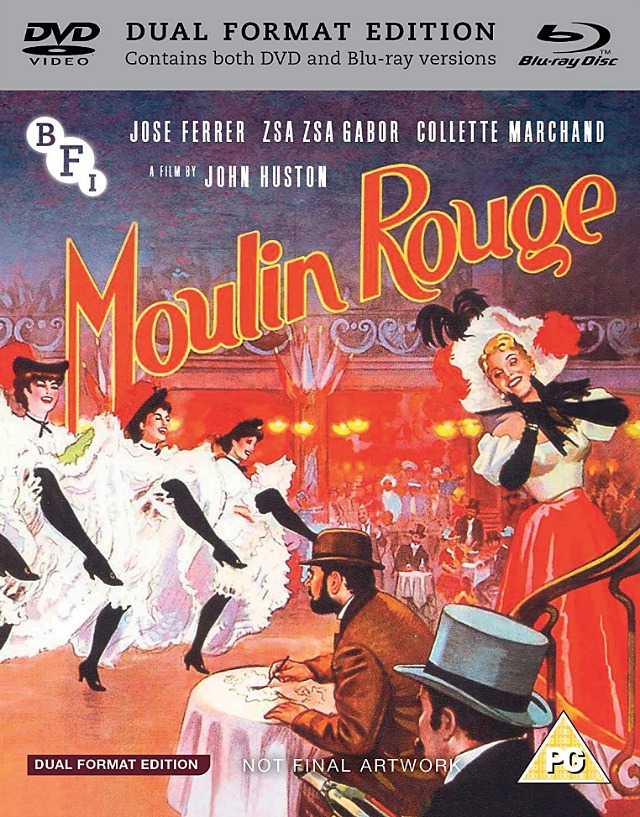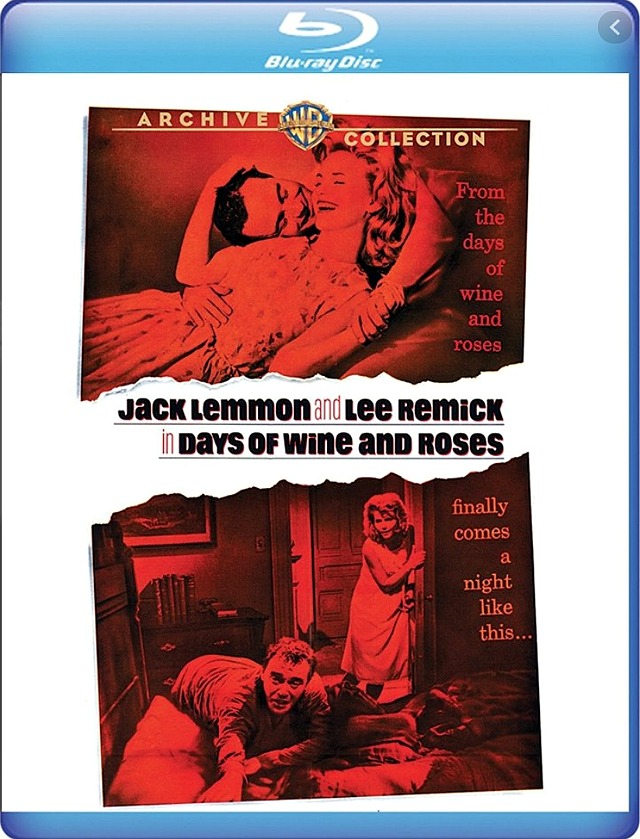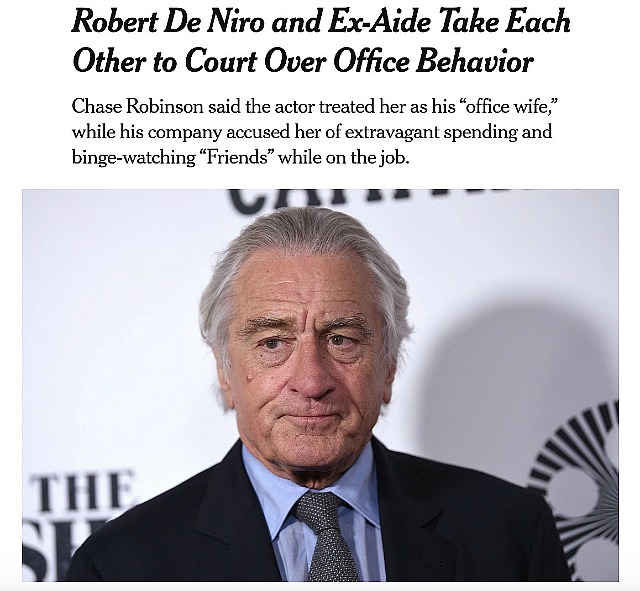Read the 10.3 N.Y. Times story, written by Julia Jacobs, about Robert De Niro and his ex-Canal Productions employee Chase Robinson suing each other over mutual dissatisfaction with work behaviors, and then consider the following HE assessments:
(1) Let me explain something. When you work for someone directly or personally, you’ll find out soon enough who they really are. And they’ll find out soon enough who you really are. And this familiarity will breed contempt. And then you’re stuck with each other until (a) you mutually build or create your way past this state of mutual loathing and/or disrespect, or (b) until someone quits or is fired. That’s life.
(2) Naturally Chase has accused De Niro of belittling behavior on his part — asking her to “button his shirts, prod him awake in his hotel room, doing his laundry and vacuuming — making her effectively an ‘office wife’ even as she was promoted…not to mention berating her, often while intoxicated, calling her names including ‘bitch’ and ‘brat’”…not to mention “gratuitous unwanted physical contact” (i.e., playing the #MeToo card).
(3) DeNiro seemingly resented what he regarded as Chase’s casual, profligate, laissez-faire attitude about her job. DeNiro seems to feel that she basically didn’t work hard enough. Too extravagant, too entitled, too many perks, too many extras. She loafed around, slacked off. Business-expense-wise, she spent waaaay too much money on pricey Italian restaurants, handbags, Ubers and whatnot.
(4) Chase was probably bored by her tasks. She felt resentful about an equal-status male employee being paid more. She undoubtedly resented the requests for back-scratchings and listening to DeNiro pee while talking to her. Too much information but here goes anyway (and De Niro should take note): If nature calls while I’m speaking to someone on the phone, I always sit down.
(5) Chase basically overplayed her profligate hand, her entitled approach to the job, and De Niro eventually asked himself, “Why am I paying her all this money and giving her this extravagant lifestyle? For what?”
(6) And what about that special N.Y. Times photo portrait of Chase that accompanies the article [after the jump]? Nice tasteful lighting. Nice green background. Nice antique-looking chair. Nice tasteful dress.
(7) And what about this recording, which happened in 2012? DeNiro was hugely pissed off, obviously — didn’t like her haughty attitude, declining to return his calls, etc. He was apparently on the verge of firing her, and yet their relationship recovered and she continued to work for him for another five years…odd.
Read more
